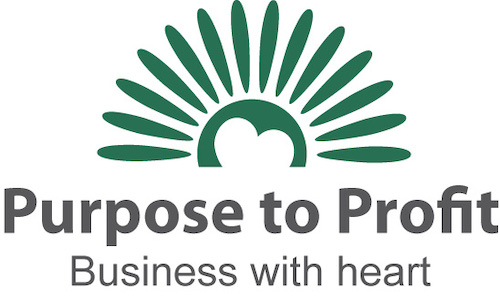What do we deliver?
Solutions to the missing ingredient.

In September, 2014, the Skirting leadership programme was piloted for a leading insurance company as a way to support women to step up and apply for the jobs they wanted in the forthcoming ‘spill and fill’ restructure.
An initial keynote helped the audience identify whether they experienced the Imposter Syndrome and whether it was one of the barriers to them achieving the careers they wanted. We then ran a 2 x 1 day workshop with 20 of the people who had been first off the rank to nominate themselves. There was a significant waiting list for those who were not part of the 20.
The programme – two full days with one week in between for reflection and application – was designed to address the issues women have around self-esteem and how they can firstly reclaim healthy self-esteem and how that translated through to their beliefs and behaviours in the workplace.
While the programme was not intended to address any capabilities / skill areas in the traditional meaning of the words, we measured those that are most closely associated with senior level managers. We measured the same parameters before and after the workshop.
Conclusions from the research
Two key conclusions came out of the research:
- Their poor self-esteem improved – in some cases significantly – particularly around the areas of not feeling they measured up, recognising and appreciating their own strengths & successes, taking things personally, feeling vulnerable to criticism, feeling uncertain when they don’t know what’s going on at work, and being able to stand their ground if challenged by other people with different opinions.
- Their self-confidence increased significantly, particularly around the overall belief that they do their job well; their belief they can actively participate in meetings, regardless of how heated they get; their ability to delegate and develop their people effectively; building commercial networks and relationships; making effective decisions; leading and inspiring others as well as recognising and taking up career opportunities.
The research proved that by improving self-esteem, the women involved were able to recognise skills and capabilities they already had and to value them more highly, which enabled them to put themselves forward for job opportunities in a way they had not felt comfortable doing before the programme.

